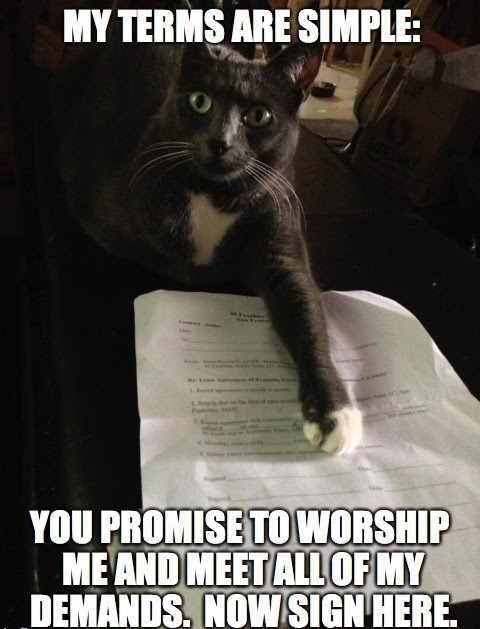What may have been the deadliest tsunami of all time devastated the city of Alexandria, Egypt. The tsunami, caused by the Crete earthquake (which was estimated to be an 8.0 on the Richter scale), killed over 5,000 people in the city and more than 45,000 outside the city. However, the damage from the tsunami (which was estimated to be more than 100 feet high) was not limited to Alexandria and affected the entire eastern and southern shores of the Mediterranean and also devastated a number of cities (in what is now Libya and Tunisia) and almost wiped out Greco-Roman civilization in North Africa. The death toll is estimated to be somewhere between 300,000 and 500,000!
And yet, way too many people are still surprised when massive tsunamis, such as last year’s Chile Tsunami, 2013’s Solomon’s Tsunami, or significant 2011 Japan Tsunami strike, devastate cities, and cause major disruptions to our supply chains.
These events have been recorded for over 2,441 years, ever since Thucydides described how the tsunami of 426 in the Malian Gulf affected the Peloponnesian War, and we know the exact date for major historical tsunamis all the way back to 79 AD (when the eruption of Mount Vesuvius, which buried Pompeii and Herculaneum)! Every time a major earthquake or volcanic eruption occurs along the coast, which is where most occur because that’s where most of the fault lines between tectonic plates are, they happen. And massive damage and disruption results. We should not be surprised and we should be prepared.
And even though SI usually restricts its history lessons for the weekend, this event was so significant, and so overlooked, it had to make an exception.
And while this has little relevance for Supply Management, a very historical event in American history happened 150 years ago today. At 6 pm in the town square of Springfield, Missouri, “Wild” Bill Hickok shot, and killed, Davis Tutt in what is, on record, the first “quick draw gunfight” that is commonly portrayed in western movies. (For this act he was arrested with murder, which was reduced to manslaughter before the trial, which resulted in his acquittal under the unwritten law of the “fair fight”.

